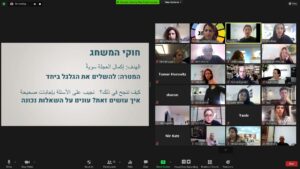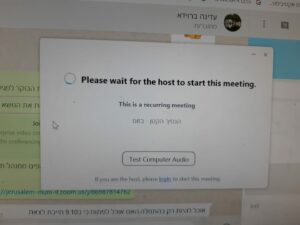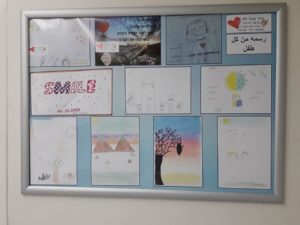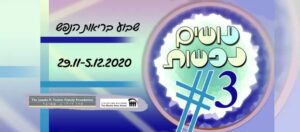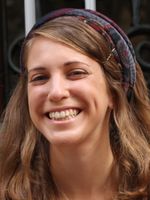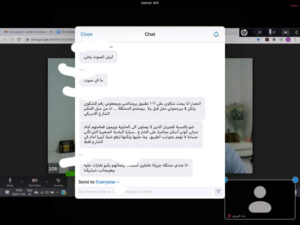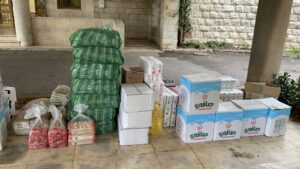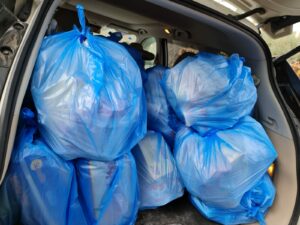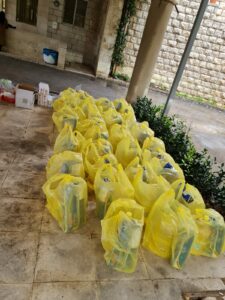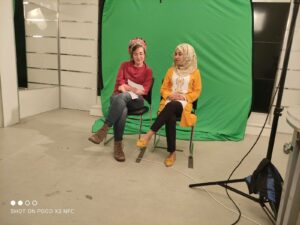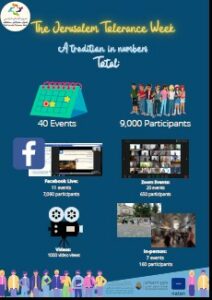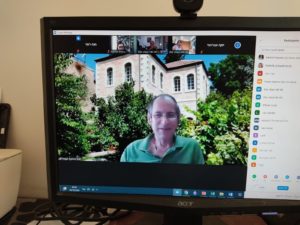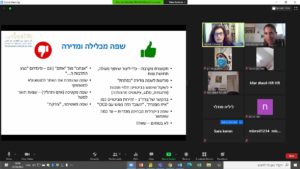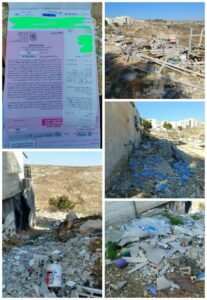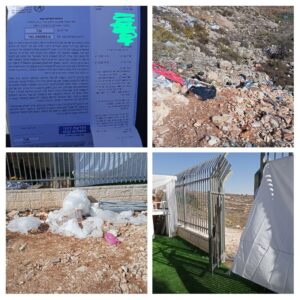Even Coffee is a Multicultural Business
Cultural Competence is needed everywhere – from healthcare, to welfare and city services, even to your coffee provider and other workplaces.
We’ve found that the HoliGame, produced as a joint project of the JICC’s Cultural Competency Desk and the Israeli Forum for Employment Diversity, has been a useful tool in introducing important concepts of cultural competency while having a bit of fun.
On January 18, 2021, the desk led a session of HoliGame with the Israeli division of the Nespresso coffee company.
Noa Tron, Director of the Israeli Forum for Employment Diversity, opened the session with a fascinating lecture on the importance of diversity in organizations, especially in light of the diversity in Israeli society. She also spoke about the viability of diversity, the immense benefits that a diverse and inclusive work environment has for the organization, given the great diversity of the society in which we live. More than 50 managers and workers gathered via Zoom to discuss dilemmas and questions surrounding events, dates and holidays in the Israeli calendar and other issues that often arise in a diverse work environment.
Michal, vice president of human resources at Nespresso, said as she opened the meeting:
Nespresso, as an organization, has set a goal of expanding and deepening its diversity, given the enormous benefits of a diverse and multi-identity work environment, and has been undergoing this process for the past two years. Therefore, as managers, employees and actors in an organizational environment, if we just open up our thinking about the existing diversity – with all the dilemmas, challenges – and opportunities – that this diversity entails – we will profit from an organization with a rich and interesting work environment, which is much better for its employees.
Here’s a Facebook post from Rachely Ashwal:
Many thanks to Nespresso, and to the Israeli Forum for Employment Diversity!

